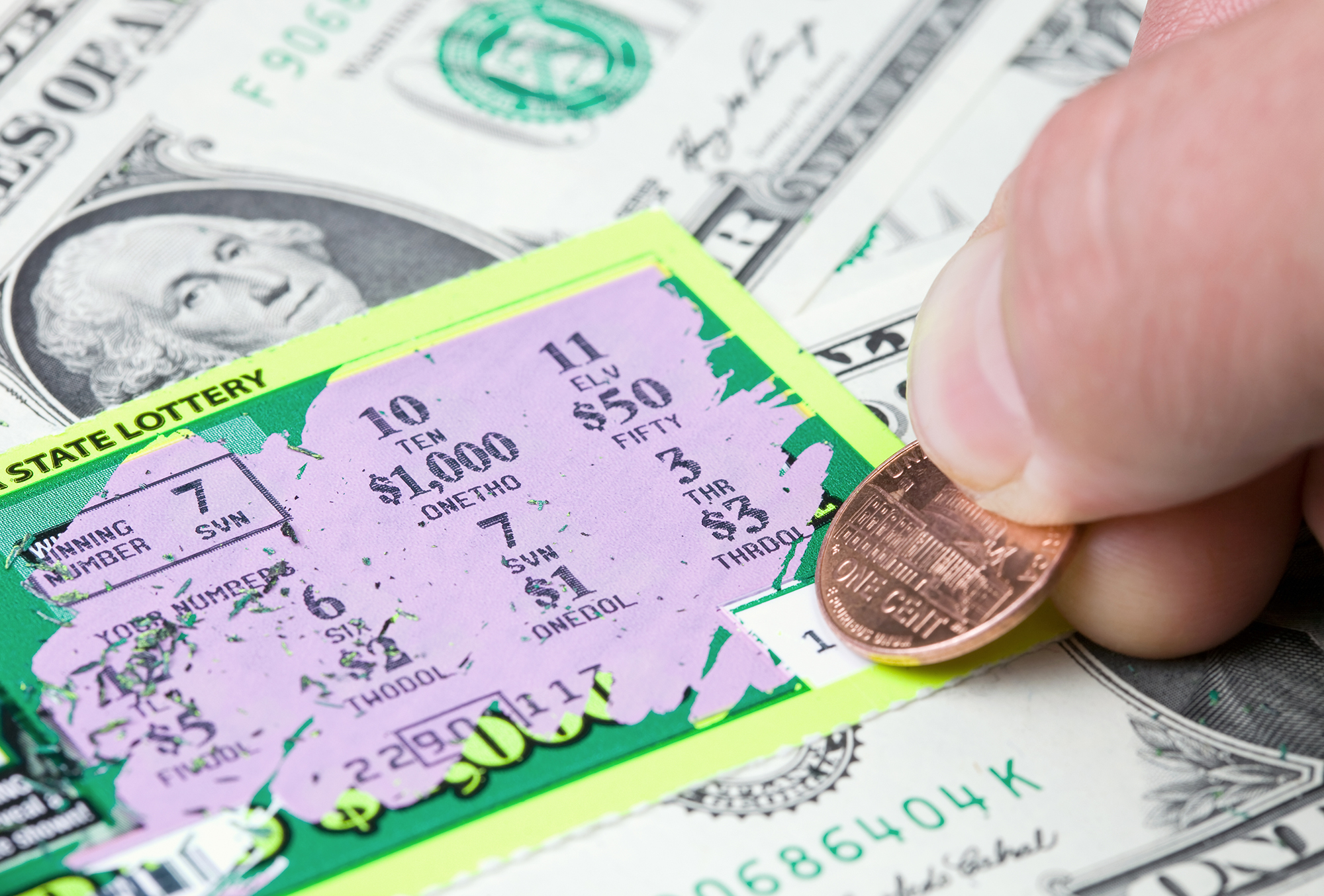
It’s been said that “old habits die hard.” Whether it be nail biting or smoking, by their nature, habits are extremely hard to break. However, not all bad habits are created equal. Some may simply be harmless and annoying while others can have a seriously negative effect on your finances. Here are six expensive bad habits worth taking the time to break.
Not Using a Gym Membership
Gym memberships are always started with the best of intentions. However, the dedication to regular visits often fades over time. If you currently have a gym membership, but haven’t even seen the inside of the gym in over a month, it may be time to consider canceling. Yes, you’ll probably lose out on the “initial fee” that you paid when you signed up, but if you’re not actively using your membership, it still may be worth to cut your losses and cancel. This doesn’t mean that you need to quit your fitness regimen altogether, though. Try jogging or running around your neighborhood or working out to a fitness DVD in the comfort of your own home. You can still invest in your health without paying the monthly fee for an unused facility.
Eating Out
According to research, the average American spends $232 a month eating meals prepared outside of the home. This equates to almost $3,000 a year, with a large percentage of that spent over the lunch hour at work. Instead of relying on the nearest drive-through or sit-down restaurant for your lunch nourishment, consider “brown bagging” it instead. However, a modern upgrade to the classic “brown bag” may help to better keep you on track. Consider purchasing a “Bento Box” lunch system (there are thousands to choose from on amazon.com). This compartmentalized food transportation system helps keep your food separated, fresh, and tasting great.
Drinking Coffee
For some, this is a non-negotiable item. If you’re one of those people that cannot fathom cutting out coffee from your life, consider saving money by brewing coffee at home. This may require some additional pre-planning on your part, but the end result will be worth it. A daily $4 coffee adds up to over $1400 a year in cost. Your home brew will cost you a fraction of that. And, with a little research and the right method, it might taste just as good as the stuff down at the local coffee house.

Playing the Lottery
Who wants to be a millionaire? Almost everyone, which is why playing the lottery is such a popular habit. With insanely large jackpots and the chance to win hundreds, thousands, or even millions of dollars, the lottery initially seems very appealing. However, it quickly loses its luster when examining the odds and expenses of a lifetime lottery habit. For every dollar spent on the lottery (including scratch-off tickets), it is estimated that you will see around a $.47 return (you lose $.53). So, if you purchase a single $1 ticket every day for 60 years, you may experience a few big wins, but overall you will lose around $11,000.
Drinking Bottled Water
Drinking plenty of water is great for your health. The good news is, your body really doesn’t care if the water is from the faucet in your kitchen or a $2 bottle with a fancy label. Realistically, that $2 bottled water may not be any better than the water that comes out of your own tap. Since the bottled water industry isn’t subject to uniform standards of filtration, the levels of quality are all over the map. By bottling your own water in a reusable container, you’re reducing waste and saving money. Drinking just three $2 bottles of water a week can cost you over $18,000 over the course of your adult life (based on a 60 year span, starting at age 18).
Smoking
A list of expensive bad habits would not be complete without including “smoking”. Aside from health costs, the monetary cost of a smoking habit can be staggering. At an average cost of $5.51 per pack, a “pack a day” smoker with spend over $2,000 a year on smokes. Over the course of an adult lifetime (based on a 60 year estimate), this adds up to over $120,000. Even a casual, one-pack-per-week smoker, will spend over $17,000 over a 60 year span. When you add in the additional medical costs due to poor health, smoking overwhelmingly becomes one of the most expensive bad habits worth breaking.




